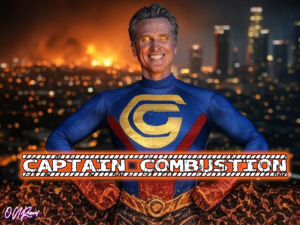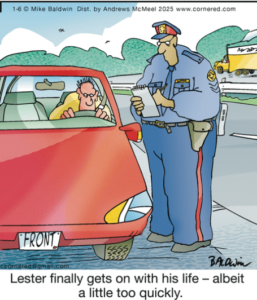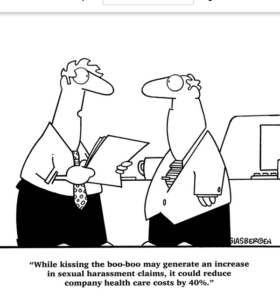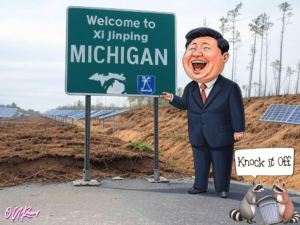America’s Power Grid on the Brink: Explosion at Fort Worth Substation Sparks National Security Alarm
In a chilling reminder of the vulnerabilities within America’s critical infrastructure, an explosion at a power substation in North Fort Worth, Texas, has ignited more than just a fire—it has raised questions about the security of our nation’s power grid. The incident, occurring just before a major winter storm was predicted to hit the area, has left experts and citizens alike pondering whether this could be a harbinger of darker times for national security.
On the evening of January 8, 2025, an explosion followed by a massive fire broke out at a power substation off Henrietta Creek Road in North Fort Worth. The event was reported around 7:15 p.m. CT, affecting approximately 54 customers with temporary power outages, which were quickly resolved. Firefighters were dispatched to the scene, managing to control the situation without reported injuries but with voluntary evacuations advised for nearby residents.
While initial reports claim no immediate evidence of foul play, the timing and nature of the explosion have led to various speculations. Equipment failure is the leading theory, as similar incidents have been attributed to technical malfunctions in the past. However, the context of this event—occurring just before a severe weather event that could exacerbate any grid instability—has fueled discussions about potential sabotage or even an act of domestic terrorism.
Posts on X (formerly Twitter) reflect a community on edge, with users expressing skepticism over the official narrative. Some posts hint at the possibility of deliberate action, drawing parallels with past attacks on substations across the U.S., where gunfire or intentional sabotage was confirmed. The proximity of the substation to data centers in Fort Worth has further stoked fears of targeted disruption aimed at crippling essential services or data integrity.
The incident underscores the fragility of the U.S. electric grid, a vital component of national security. Attacks or accidents at substations can lead to widespread blackouts, affecting everything from daily life to critical infrastructure like hospitals, communication networks, and emergency services.
Grid Security: Recent years have seen a spate of attacks on power infrastructure, prompting Homeland Security to warn of the need for enhanced security measures. The Fort Worth explosion, even if accidental, serves as a stark reminder of the physical and cyber threats facing the grid.Weather and Infrastructure: The timing of this explosion, with forecasts of a major winter storm, amplifies concerns about the resilience of the grid under stress. Historical precedents, like the Texas power crisis during Winter Storm Uri in 2021, demonstrate how unpreparedness can lead to catastrophic failures.
Public and Policy Response: There’s an urgent call for not only investigating this incident but for a broader review of national grid security policies. Discussions are trending on X about whether current security protocols are adequate or if there’s a need for legislative action to protect these critical assets from both natural and man-made threats.
As investigations continue, the explosion in Fort Worth serves as a wake-up call. It’s not just about fixing a substation; it’s about recognizing the potential for such events to be exploited or to cascade into larger crises. The nation must confront whether our infrastructure, particularly in key states like Texas with significant energy demands, is sufficiently fortified against both accidental failures and deliberate attacks.
This event reminds us that in an era where power is synonymous with national security, every spark, whether from an explosion or elsewhere, could ignite a much broader fire if not addressed with the seriousness it warrants.



















































